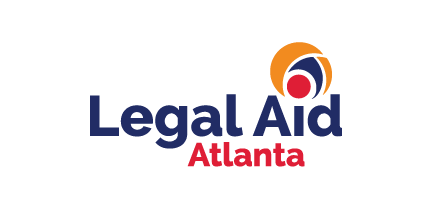The Client
Mr. Strickland was a gas appliance installer by trade. After a bout with cancer and a drop in his income, he defaulted on the balance owed on a credit card issued by Discover. In other words, Mr. Strickland did not pay his credit card bill for an extended amount of time, and so his debt was handed over to a collection agency. After Discover went to court, it was ruled that Mr. Strickland owed $13,849.93, plus interest, attorney fees and court costs.
In the meantime, Mr. Strickland seriously injured his back at work, leaving him permanently disabled. He began receiving Social Security disability benefits in August 2011. After this injury, Mr. Strickland received a worker’s compensation settlement of $30,000 for his workplace injuries. Knowing that he would need these settlement monies to replace his lost income and to pay his medical expenses, he opened a savings account with JPMorgan Chase (“Chase”). Mr. Strickland listed his wife as a joint account holder on this account, to ensure that she had access to the funds in the event he faced additional health issues. Over the next one and a half years, the couple drew upon his worker’s compensation money as an income supplement, to pay for living and healthcare expenses.
Collection Agency Freezes Bank Account
The collection agency proceeded to put a hold on Mr. Strickland’s money from his Chase account, so that they could collect money to offset the debt he owed to Discover. However, under Georgia state law, certain types of money are exempt from debt collection, including worker’s compensation money.
On July 16, 2012, Mr. Strickland learned that his entire remaining worker’s compensation settlement had been frozen. Although he tried to persuade the collection agency to unfreeze his account, he was not successful. During this time, both Mr. Strickland and his wife suffered severe emotional distress. For lack of funds while his account was frozen, Mr. Strickland also suffered severe detriment to his physical health. He had to skip some doses of his heart medicine, risking dire consequences. His arm turned black from other causes, but he could not afford medical treatment. Ultimately he decided he must have a recommended operation, even if he could not afford it.
Atlanta Legal Aid Takes the Case
With Atlanta Legal Aid’s help, Mr. Strickland sued in federal court on August 8, 2012, arguing that the Georgia debt collection process is unconstitutional because (1) it does not give debtors notice of potential property exemptions (like the workers compensation exemption); (2) it does not provide notice of how to claim such an exemption; and (3) it lacks a prompt mechanism for resolving exemption claims and getting exempt monies returned.
After almost four months, Discover dismissed the debt collection and Mr. Strickland finally received return of his worker’s compensation funds. It was also determined that Mr. Strickland suffered consequential damages in the amount of $10,000 for lack of access to his funds.

